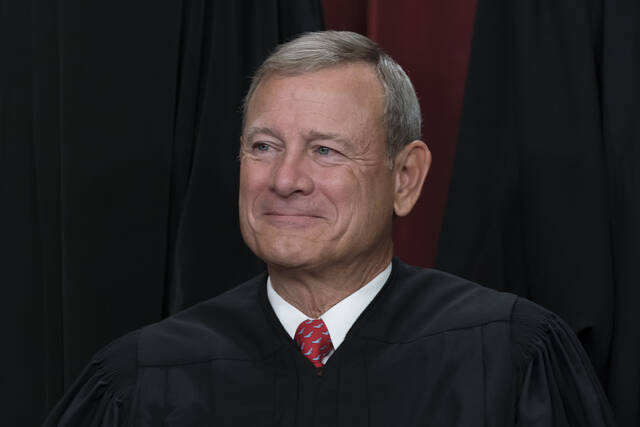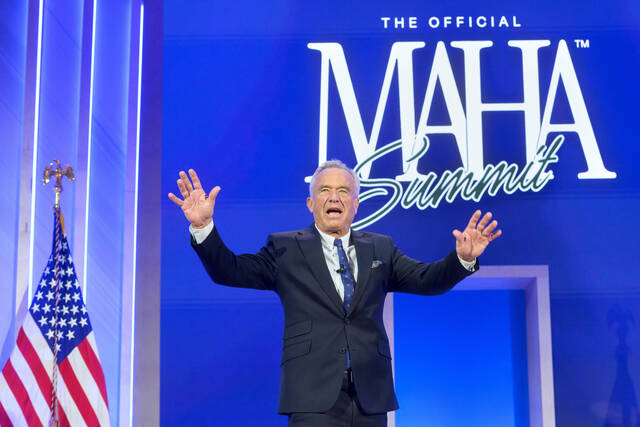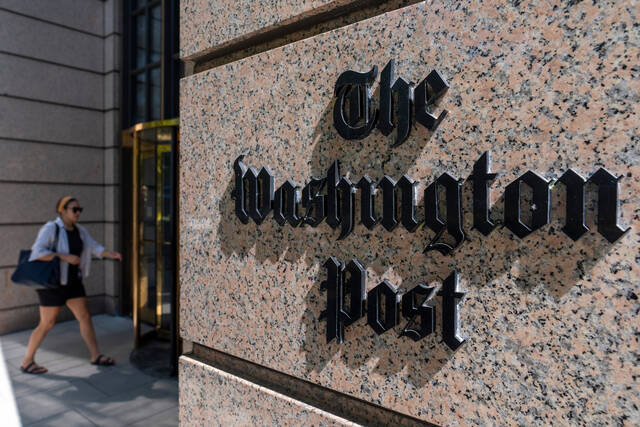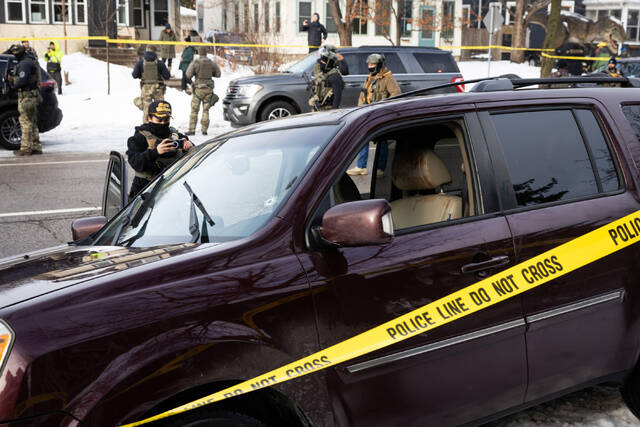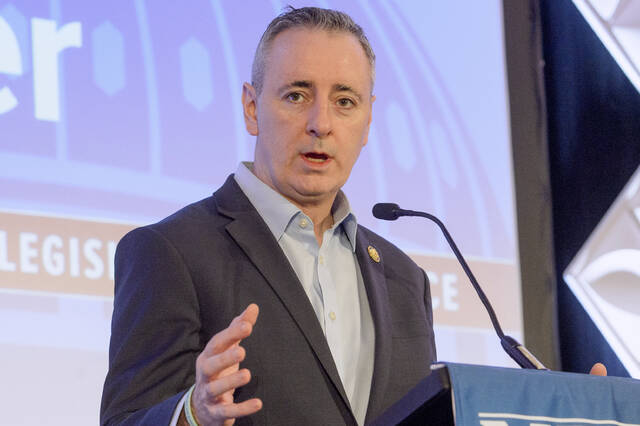You cannot have order without having law.
Well, theoretically you could. If everyone just instinctively did the right thing, that would be great. No laws needed! But once you involve people, human nature, emotions and all of the quirky little things that complicate our lives, suddenly laws become pretty important.
Laws are the rules of the game. They keep things honest. They make things fair. At least they are supposed to do that. However, even the guys at the top are acknowledging that’s not always the case.
In a visit to Georgetown Law this week, U.S. Supreme Court Chief Justice John Roberts called the rule of law endangered.
Roberts isn’t alone. Plenty of people have been raising concerns about incidents that seem to fly flagrantly in the face of federal law or even the bedrock of our legal system, the U.S. Constitution.
There were arguments in front of the Supreme Court on Thursday debating attempts to deny birthright citizenship. President Donald Trump has ignored multiple court orders. His administration fights back against requirements for due process.
Roberts does not seem to take issue with the cases in question. His umbrage is reserved for the interaction with the judicial system. He quite rightly sees problems with attacks on the authority of the court.
The U.S. government is a tripod of power. Where Congress writes the law and the president utilizes it, the job of the courts is to interpret and weigh it against the Constitution. Without that restraint, Congress could enact laws that were wildly unfair and a president could choose to throw laws out the window and substitute his own wants or demands.
In March, when Trump called for a U.S. district judge to be removed after a ruling that blocked a deportation flight, it was followed by cries to impeach judges.
Roberts, again rightly, then made a rare public statement about the situation, pointing out impeachment is not a proper response to a disagreement with a ruling. That is what an appeal is for.
But if Roberts is unhappy with the idea that rule of law is wasting away, he has only his own court to blame.
The 2024 ruling in Trump v. United States decided — and Roberts himself wrote the opinion — that a president has absolute immunity regarding his official acts.
“When the President exercises such authority, Congress cannot act on, and courts cannot examine, The President’s actions,” Roberts wrote.
To be fair, the chief justice also wrote that no such protection exists for unofficial acts. However, the presidency is a full-time job, and something as simple as a breakfast meeting or a golf game might have blurred lines.
The ruling could be easily interpreted by some to mean anything a president does is an official act simply by being done by the president. The breadcrumbs can then be followed to a place where, as Richard Nixon told David Frost in 1977, “when the president does it, that means it is not illegal.”
The Roberts court gave Trump permission to do what he wants. It is like giving a kid a bag of chocolate and sitting him on a white couch. You don’t get to complain later about the stains and lament the price of having it cleaned.
The rule of law is endangered, sir. You should know. You endangered it.


